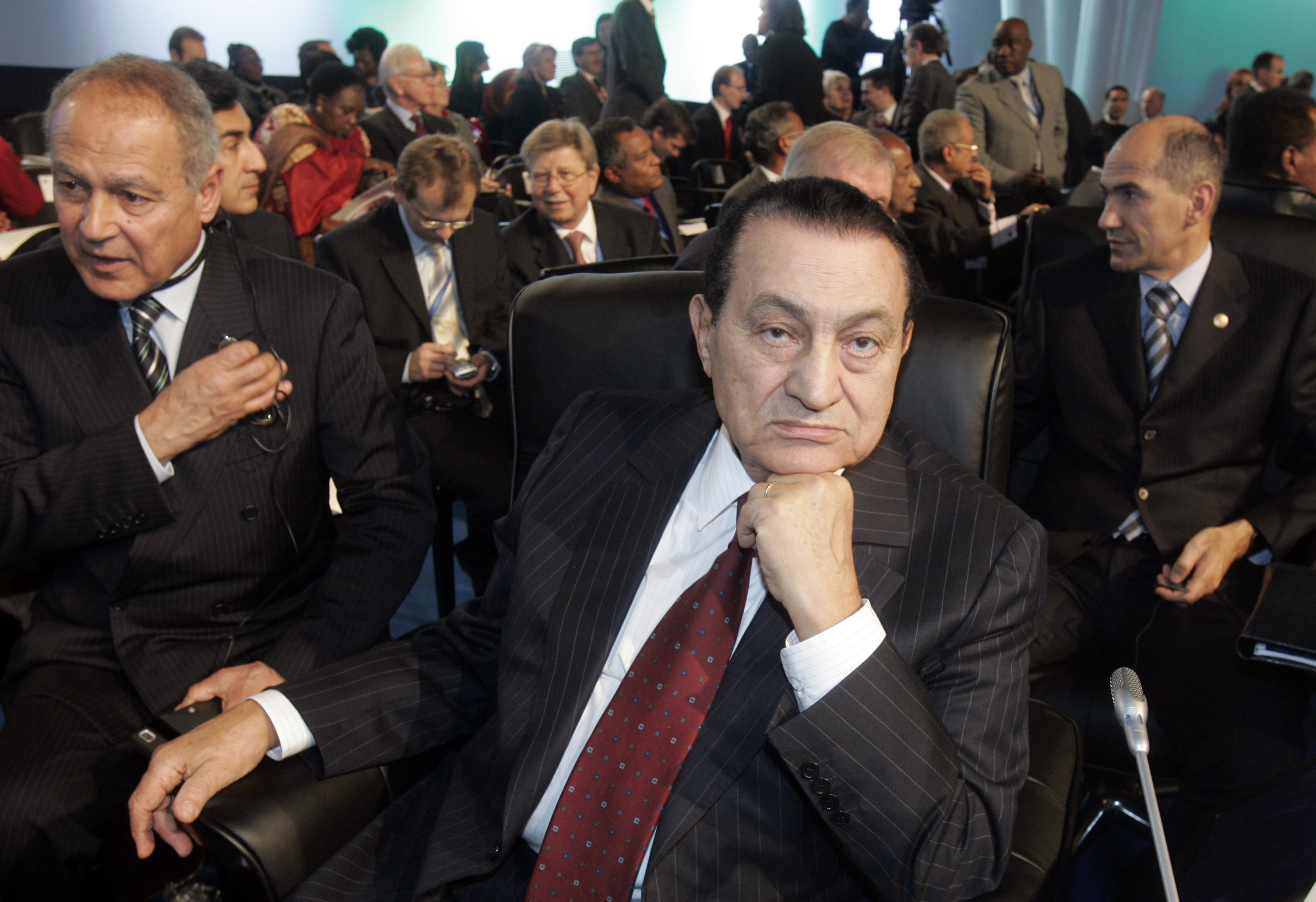The coming days will determine whether Iran continues to be governed by a rogue and expansionist regime hiding behind the veil of a moral theocracy or a government that is friendlier, less intimidating and a cooperative member of the international community. Iran’s Arab neighbors must ensure that it is the latter which prevails.
The youth protests on the streets of every major urban center in Iran should not merely be seen as a rejection of poll results or defiance of President Mahmoud Ahmadinejad’s policies but also a delayed reaction to 30 years of self-destructive policies instituted by the architects of the Islamic revolution and its protectors – the Council of Guardians headed by Supreme Leader Grand Ayatollah Ali Khamenei.
Arab pro-democracy groups must quickly declare solidarity with the youth movement in Iran today. While Iranians may look to the West for help, it is their immediate neighbors which should support their struggle. Arab civil society movements which promote democratic reform from Algeria to Yemen must declare that they share a commonality with Iran’s protesters.
Arab media must refrain from using the archaic language of conspiracy theories; it is not Zionist or CIA interference that pushed Iranians to the streets. This is not a repeat of the much-maligned coup of 1953 which removed a popular prime minister and returned the Shah – and the Anglo-American oil conglomerates – to power.
Iran’s protests are the results of years of repression; they are a popular expression of disenfranchisement which many in the Arab world should be familiar with.
Many Iranians see parallels between the current street clashes with the internal security apparatus and the situation in January 1979 when students poured out of university campuses to take on the Shah’s reviled Savak secret police.
They joined ranks with the anti-secularist and anti-modernist movement led by Ali Shariati, a Muslim sociologist who many consider to be one of the most influential ideologues of the Iranian revolution.
As a result, the mosques became the only sustainable foundation of socio-political dissent when the Shah outlawed political parties.
When the exiled cleric and anti-Shah dissident Grand Ayatollah Ruhollah Khomeini returned to Iran in February 1979, he was greeted by millions of Iranians who were swayed by his promises of creating a morally prosperous Islamic state.
However, within nine months he crafted a constitution which empowered the Council of Guardians protected by a new secret police – the Revolutionary Guard – to replace the Savak and hunt down many political entities which had supported the anti-Shah movement.
Khomeini rapidly established courts which tried and executed thousands of Iranians who either supported the Shah or quickly realized that the former exiled cleric was diverting the revolution from its original nationalistic and republican goals.
As part of Iran’s new Islamist and revolutionary ideology, Khomeini also began to meddle in the affairs of neighboring Arab nations by calling on the Shia populations of Iraq, Bahrain and Kuwait to rise up against their rulers. This resulted in an eight-year war instigated by Iraq which claimed at the time it was fighting to prevent Iranian expansionism in the region.
Tehran’s clerics managed to establish a foothold in the Arab Middle East when they created Hezbollah, which is now an influential player in Lebanese politics. The Iranian regime has also refused to negotiate with the United Arab Emirates over the status of disputed Islands in the Gulf, instead building military bases and an airstrip on the territories.
The 2003 US invasion of Iraq allowed Iran to fill a power vacuum created by the fall of its former Baathist enemy; many Arabs believe that it is Iran which holds the real reins of power in Baghdad.
The Iranian government is also believed to call the shots in Syria, Lebanon, and Afghanistan, and maintains strong influence over Hamas.
Any US and/or Arab efforts to stabilize the region or reach a settlement in the Israeli-Palestinian conflict must now include negotiations with Iran.
However, if Ahmadinejad and Khamenei remain firmly in power such negotiations will prove fruitless. They have already called Egypt and Jordan, both frontline states who have diplomatic relations with Israel, colonialist stooges for failing to intervene during Israel’s assault on Gaza in January. They also chided Saudi Arabia for its criticism of Hezbollah during the 2006 Israel-Lebanon war.
Iran also continues to fund and support militias in Iraq who only a few years ago carried out a wave of torture, executions and assassinations which led to the exodus of some 4.5 million from the country.
The Iranian regime appears to have been emboldened by the US failure in Iraq and the “victory of its Hezbollah proxy over Israeli military might in 2006. But the Council of Guardians may have miscalculated. The speech delivered by US President Barack Obama in Cairo, followed by Hezbollah’s defeat in the Lebanese elections a week ago, signals that there is a tidal wave of change sweeping the region.
Some Arab governments quickly congratulated Ahmadinejad for his victory at the ballot box. This is unfortunate, but not surprising; had they at the very least supported an inquiry into electoral fraud, they would have empowered their own opposition groups who have regularly questioned election results – or lack thereof – in their own countries.
What happens in Tehran in the coming days will strongly influence events in neighboring Arab countries. If the Iranian youth movement is successful and manages to overturn the stated election results, it will be an unprecedented victory for the will of the people.
If, however, Ahmadinejad is able to quell the protests and re-crown himself as president, the region’s democratic institutions will be dealt a fatal blow.
Firas Al-Atraqchiis a Canadian journalist of Iraqi descent who has covered the Middle East since 1992. This commentary was first published in the Huffington Post and was reprinted in Daily News Egypt with permission from the author.

